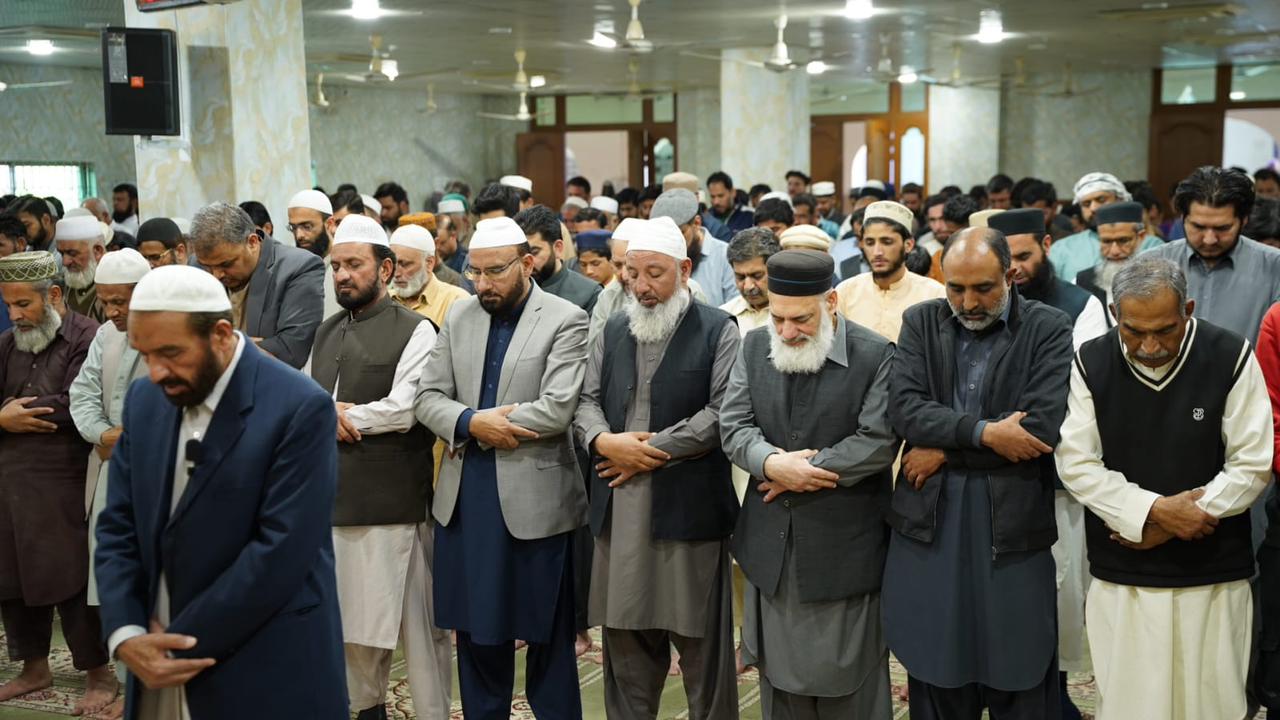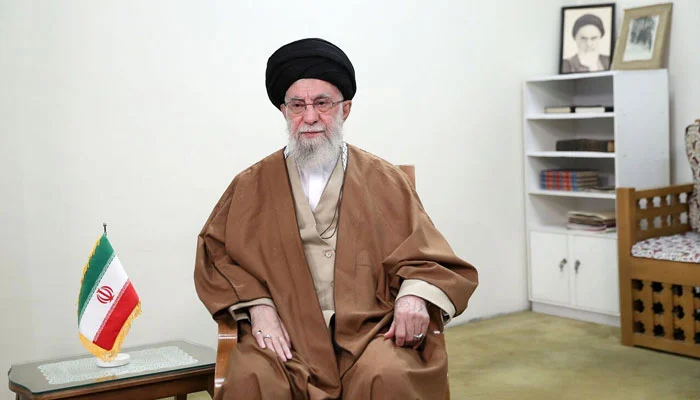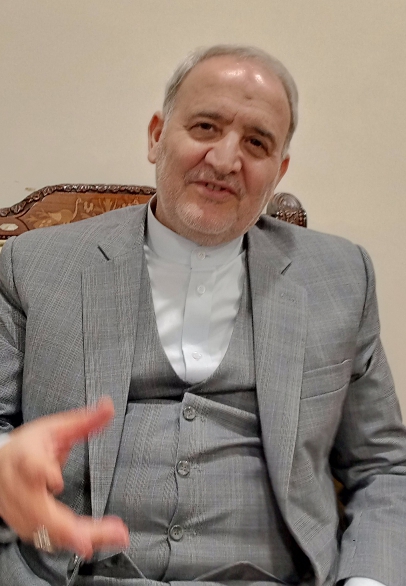For God’s Sake, Spare Pakistan
By: Engr. Iftikhar Chaudhry
The voice of the heart cries out: “If this vessel breaks apart, it will be near impossible to mend — save it now, before the chalice of patience runs dry.” This lament is not the solitary anguish of an individual, but the muffled groan of an entire nation’s chest. When, day after day, the light of livelihood is extinguished in offices, factories, farms, and markets, silence itself becomes an act of betrayal. At such moments, private sorrow swells into a collective dirge, and tears shed by one pair of eyes merge into the burden of a whole people.
The death-knells of our economy no longer require interpretation; they are emblazoned across the facades of our markets, industries, and workplaces. The closure of Microsoft in July 2025, the shutting down of Gul Ahmed’s textile exports, and the winding up of Careem’s ride-hailing services are not isolated incidents — they are signposts of a greater tragedy: the exodus of countless firms, both great and small, abandoning the soil of Pakistan, or gasping in the twilight between survival and extinction.
One after another, global giants have folded their tents. Procter & Gamble ceased soap production in 2024, declaring their exit soon after. Siemens Technologies was extinguished in 2023; Bayer shut its doors in June 2023; Shell divested 77% of its shares the same month; Total Parco withdrew entirely; Telenor sold its operations by December. Sanofi and Pfizer halted production, while ride services such as Vava Cars and SWVL have long since disappeared.
These may appear as cold figures in a ledger, but behind every closure lies a human tragedy: a family’s sustenance, a child’s education, a wife’s provision, an elder’s medicine. When Honda, Millat Tractors, Suzuki Motors, and Nishat Chunian falter repeatedly in their production, the implication is clear — there is something fundamentally awry in the nation’s economic policy. Indus Motors, Amreli Steel, and GlaxoSmithKline closing intermittently, or firms like Truckin, Sendoso, and Retalio abandoning Pakistan altogether, are no less than epitaphs for investor confidence.
The heaviest toll has fallen upon agriculture and industry alike. Textile output has halved, displacing millions of workers. Wheat farmers — the backbone of the nation — were denied fair support prices for two consecutive years. These are not mere statistics; they are wounds festering into economic gangrene. The very streets of Faisalabad now bear witness to displaced workers who once thrived within humming factories. This is no ordinary lament — it is a dirge for the homeland. Meanwhile, emigration has hollowed our society. The educated youth, once a promise of tomorrow, now scatter abroad in search of survival. Is this to be counted as an achievement? Our forefathers once admonished: “We rescued this vessel from the storm, my children — preserve it well.” Yet today, the vessel is being pierced from within, by the very regime entrusted with its guardianship.
Our governments — civil and military alike — may continue their recitation of figures, but the realities fall upon the people like a merciless indictment. Reliance upon loans, born of the mindset “borrow, and drink at leisure,” has dragged the nation deeper into quicksand. This is not metaphor but constitutional dereliction. Real change will dawn only when authority is wielded for the common good rather than private indulgence and vanity.
But alongside the economic collapse has arisen a darker tide of tyranny, injustice, and callousness. Governments seek to stifle the voice of suffering; when protest dares to rise, it is silenced by force. Such governance breeds despair, and despair breeds resentment. When the machinery of state substitutes justice with brute coercion, the nation’s wealth — both material and moral — is squandered. The raid upon Zaman Park was not merely an operation; it was an affront to the human conscience, an echo of the oppression resounding from Kashmir.
When a man like Zille Shah is brutalized, it is not an aberration; it is symptomatic of systemic decay. Hearts cannot be pacified by cruelty. No lasting peace has ever emerged from the lash of tyranny. Such practices murder the dawn of justice behind the façade of uniforms and offices of authority.
The elections of February 8th, and the subsequent emergence of the so-called “Joint Action Committee,” have brought forth individuals whose hands themselves invite grave questioning. The infamous Form-47 controversy is a direct assault upon the nation’s trust. Negotiations entered with heads bowed in duplicity can yield only curses, not solutions. Those who go abroad to speak of Kashmir, yet are tainted at home by corruption, patronage, and theft — must they not be held accountable? When leadership itself embodies hypocrisy, how may it demand integrity from its youth?
Is this not the same nation that once rose as one under the counsel of its noble elders? Today, our Kashmiri brethren narrate their bodies torn apart, and we preach to them the hollow sermons of peace. When Kashmiris lifted their wooden staves in resistance, they were answered only with iron and fire. To them I say: brothers, the timber-staff is not a cure, but a cry of pain. We have stood with you in solidarity; stand with us now — remind us of the humanity we have forsaken in pursuit of power. Teach us that bonds of kinship and the strength of dialogue outlast the brutality of force. For oppression answered with oppression cannot long endure.
Through this column I raise a plea: For God’s sake, spare Pakistan. This does not mean absolving hypocrisy, corruption, injustice, or selfish politics. It is rather an entreaty: if you profess love for this country, then prove it by reforming yourselves. Alter your policies, your modes of governance, your priorities.
The companies and industries that have abandoned us may never return, but what remains must be saved: the people — the farmer, the laborer, the educated youth, the women, and the elderly. Grant farmers fair prices for their crops. Ease the path of industry, that factories need not fall silent. Establish transparent justice. Resolve political rifts with harmony.
If the vessel of Pakistan is to be saved, then every citizen, every institution, every leader, and every commander must recognize that leadership is not the scramble for power, but the responsibility to uplift lives. Think before borrowing, plan with the people at heart, raise your voice against oppression, and enthrone justice once more.
This column is at once a lament and a supplication — a letter of pain and a flicker of hope. May God guide us, and grant us the strength to mend our vessel before it sinks. And if you, too, are a part of this beating nation, then rise today, speak today, act today — before tomorrow comes too late.




